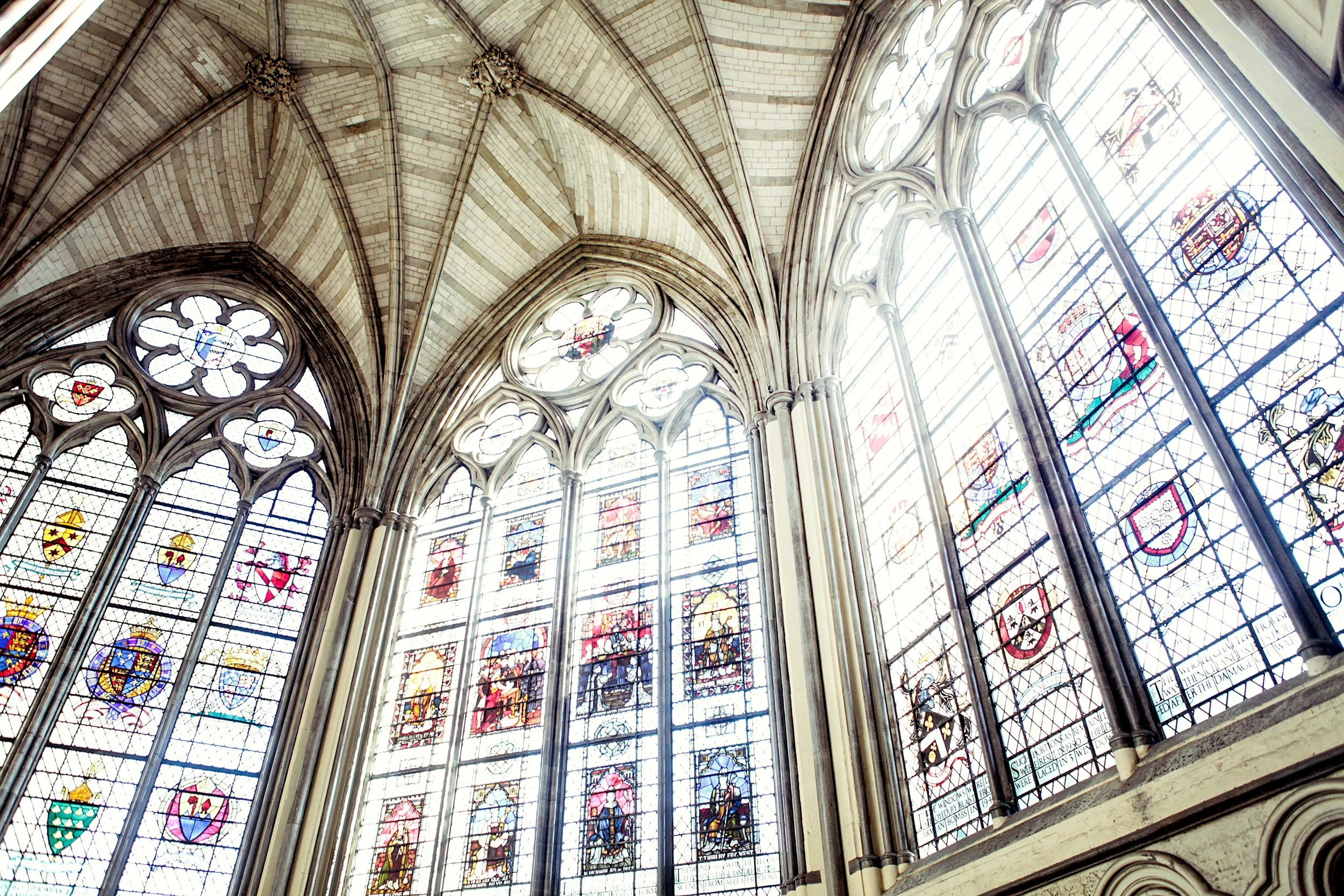Being Anglican
from our diocesan website
Anglicans comprise the third largest Christian denomination, with 70-80 million members globally. Founded on orthodox Christian teaching, grounded in the Bible and the Creeds, Anglicanism as an expression of historic Christianity traces many of its specific traditions and practices back more than 400 years.
Our province, the Anglican Church in North America (ACNA), introduces Anglicanism this way:
“Anglicanism is a worldwide body of Christians responding to God’s revelation through Jesus Christ. Anglicanism brings together the authority of the Bible, the historic faith, and the beauty of structured prayer. It is rooted in tradition, yet contemporary in practice. It is united in substance, yet diverse in expression. We are a global family living out our faith in local communities.”
Leadership Structure
We are Episcopally-led, meaning we have a structure of bishops and archbishops who provide oversight and direction. These bishops shepherd the clergy and congregations under their care, so no congregation is without support and guidance. Each congregation is a part of a diocese, led by a diocesan Bishop, and each diocese is part of a province, led by an Archbishop. You can learn more about our leaders here.
Theology
The Anglican Way is often described as both catholic and reformed, meaning it draws wisdom and traditions from the breadth of Christian church history, including the Reformation. Our province of the ACNA described it this way:
“To be an Anglican, then, is not to embrace a distinct version of Christianity, but a distinct way of being a “Mere Christian,” at the same time evangelical, apostolic, catholic, reformed, and Spirit-filled.”
— Theological Statement of the Anglican Church in North America
You can read more details about our beliefs here.
Liturgy & Services
As Anglicans the Book of Common Prayer greatly shapes our prayer and worship and theology. It is steeped in the Bible, Gospel-centered and provides a common rootedness, structure and vision for all our churches and their day to day practices. Anglican churches are sacramental, and celebrating the Eucharist (or Holy Communion) is an important part of our worship.
As the ACNA introduction said our churches are “united in substance, yet diverse in expression.” In our diocese we have congregations which might be described in Christian terminology as largely evangelical, or anglo-catholic, or charismatic, or a bit of all three. Some sing ancient hymns with an organ or piano, others sing new songs with guitars and drums, and many do some of both. Some use historic, traditional language in the liturgy and others speak in more modern phrasings. Some clergy wear elaborate, traditional vestments and others dress more simply.
Gospel-centered & Welcoming
But in every case the good news of Jesus Christ is proclaimed. And all people are welcome. You don’t need to be Anglican or know anything about its traditions or history to attend our services. Whatever your background or history or knowledge you are more than welcome at — in fact — thoroughly invited to one of our churches!
Anglican Resources
The Basics
Book of
Common Prayer
ACNA 2019
Holy Bible
English Standard Version
To Be A Christian:
An Anglican Catechism
Further Reading
Listen to the Word & Table Podcast
Word & Table is a weekly podcast about liturgy, sacrament, and the great tradition of Christian worship and why it is vital in our world today. It is hosted by Fr. Alex Wilgus, rector at Redemption Anglican Church in The Colony (Texas), and features Fr. Stephen Gauthier, the Canon Theologian of the Diocese of the Upper Midwest in the Anglican Church in North America.
Listen to the Always Forward Podcast
Since 2016 Always Forward have been hosting a podcast where guests from all across the continent and our province of the ACNA join in to discuss planting Gospel-centered, sacramental, missional churches, particularly within the Anglican context. Canons of Church Planting, Bishops, professors, rectors, church planters in training and more join in this ongoing conversation.














